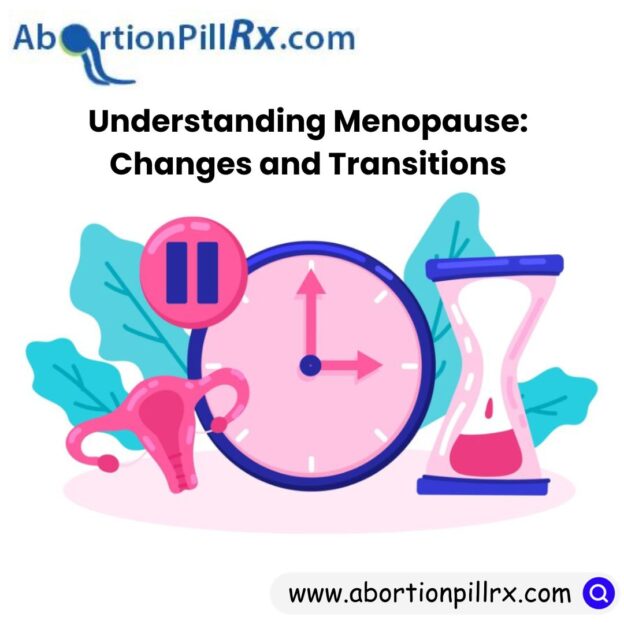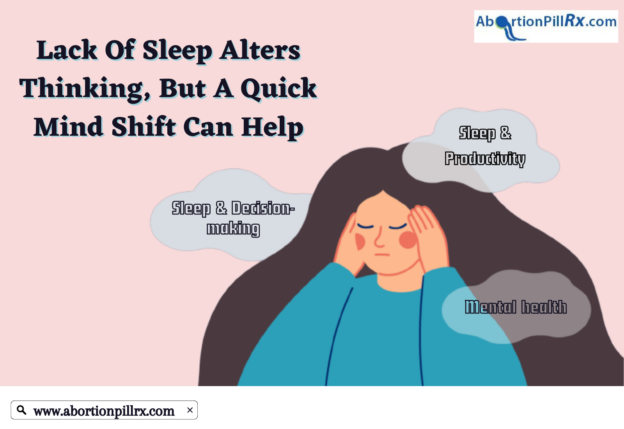Below is a list of healthy foods to include in your diet for women’s health. Some people with
digestive problems may have problems eating certain foods. When it comes to digestion, it’s important to avoid foods that cause inflammation, says Finkel. She recommends an anti-inflammatory diet that has a positive effect on overall health and digestion.
Some foods are even more delicious and aid in digestion. Fill your plate with these superfoods and discover how you can keep “ordinary” delicious with a little effort.
Stay hydrated to keep things moving
According to the Mayo Clinic, water helps break down and digest food, so fluids along with dietary fiber, play an important role in moving solids through the body. “Hydration and water are friends,” Finkel says. One of his easiest tips for digestion is to stay hydrated throughout the day. Water is best for aiding digestion, but almost any alcohol-free liquid is fine. If you have reflux, be careful with caffeinated or carbonated drinks. These can cause heartburn, and caffeine acts as a mild diuretic. For women’s health and general health concerns staying hydrated can be useful.
Relieve Indigestion with Stomach Soothing Peppermint
Calming and fragrant peppermint may help relieve some symptoms of indigestion and irritable bowel syndrome, making it a natural choice for gastroenterologists. It has become a treatment method.
“It’s inexpensive, non-addictive and has few side effects, and is highly effective,” says Dr. Brian Lacy, a gastroenterologist at the Mayo Clinic in Jacksonville, Florida. Peppermint oil is also included in many recipes and teas, but according to the National Center for Complementary and Integrative Health, it can be taken as a coated dietary supplement that can enter the gastrointestinal tract without causing heartburn. Digestion Tip: Consuming peppermint oil (in a form that is released into the small intestine) for at least four weeks has been shown to significantly reduce symptoms of irritable bowel syndrome. According to a 2020 study published in the journal Gastroenterology, it appears to have antispasmodic properties, helping to lubricate and relax the intestines.
Eat Ginger to Improve Digestion
Ginger is a traditional Asian remedy for stomach pain and Nausea and it is a popular spice in Japanese cuisine. It also has strong anti-inflammatory properties, making it a good digestive food and a natural digestive aid. And there is research supporting the benefits of ginger. Ginger is a food that aids in digestion by speeding up the process of moving food from the stomach to the upper small intestine. A review published in January 2020 in the journal Nutrients states that some studies have found ginger to be associated with improved digestive function. It also points to studies that found ginger reduces Nausea, motion sickness, and the risk of Colon cancer.
Soothe your stomach with Turmeric
A curcumin-rich spice, turmeric has anti-inflammatory properties that can help treat a variety of caused by inflammation, including heart disease, inflammatory bowel disease (IBD), and even depression. For women’s wellness, certain remedies with turmeric can be useful.
Based on research published in Drug Design, Development, and Therapy in November 2021. The study also found that curcumin helps regulate the gut microbiome, providing relief for IBD patients and reducing inflammation that can lead to colon cancer.
“Curcumin is a powerful anti-inflammatory agent that can help soothe your gastrointestinal tract if you suffer from inflammation-related issues,” says Finkel.
Fight Inflammation with Fish Oil
Because the omega-3 fatty acids in fish oil reduce inflammation, fish oil not only benefits your heart but also your digestive tract. First, try switching to a Mediterranean diet and adding fatty fish such as salmon, halibut, and mackerel to your diet.
Physicians and researchers now know that patients with irritable bowel syndrome (IBS), one of the most common reasons for gastroenterology visits, are not getting enough omega-3 fatty acids from fish. This means that there is a possibility that it is not. In a small study published in a medical journal in 2017, researchers looked at fatty acid levels in 30 Asian women with irritable bowel syndrome compared to 39 Asian women without the disorder. They found that women with irritable bowel syndrome not only had higher rates of depression but also had higher levels of unhealthy saturated fats and lower levels of healthy omega-3 fatty acids in their blood.
A study published in Gut Microbes in December 2020 found that taking omega-3 supplements for six weeks caused small changes in the composition of the gut microbiome, suggesting that omega-3 fatty acids may have a prebiotic effect on the gut. However, further research is needed to understand its role and mechanism in the intestine.
Enjoy the gut-friendly benefits of Yogurt
The microbial communities live in a delicate balance within your gut microbiome, so what you feed your microbiome can make a difference. Eating foods like yogurt that contain probiotics (certain microorganisms that have been reported to play a role in digestion, immune system support, and fighting inflammation). A study published in August 2021 in the journal Nutrients found that yogurt containing certain probiotic strains can help protect the gut microbiome from changes caused by the use of antibiotics that cause diarrhea.
“We’re promoting probiotics,” says gastroenterologist Peter L. Moses, MD, Professor, Department of Gastroenterology and Hepatology, University of Vermont College of Medicine, Burlington.
If you don’t like yogurt, don’t worry. Moses says some supplements contain better probiotic strains, but adds a disclaimer. “There is a lack of evidence regarding the therapeutic efficacy of probiotics alone. As with any unscientific treatment, probiotics may be used if they are part of a program that the patient has determined helps relieve symptoms. Such programs may include prebiotic fibers and other proven recommendations.”
Two Kiwis a Day Reduces Constipation
A study published in June 2021 in the American Journal of Gastroenterology found that people who ate two kiwis a day experienced less constipation. Since then, the flaky fruit rich in vitamin C has been attracting attention in the gastrointestinal world. Their constipation was better than that of patients who took prunes or psyllium. The group assigned the kiwifruit had fewer negative side effects and enjoyed the fiber-rich foods the most. For women’s wellness and health concerns kiwis could be used.
“We want people to use whole foods to support their digestion and kiwi is a great way to help yourself,” says Finkel. “It’s delicious, comfortable, and easy to eat.”
Get lots of fiber from beans
Fiber is important for digestion. Beans such as white beans, kidney beans, and black beans are an easy way to achieve this daily goal. According to the U.S. Department of Agriculture, white beans contain a whopping 19 grams of fiber per cup.
Good news for those worried about excess gas from high-fiber foods. A study published in the Nutrition Journal showed that increasing your intake of black-eyed peas helped people produce less gas than they thought. While only half of the participants initially reported increased bloating, by the end of the first week that number had dropped to just 19 percent, so eating peas can be a digestive tip. The study also looked at tolerance to baked beans and pinto beans and found that tolerance to all of these beans increased over time.
Boost Digestion with Sauerkraut
You might think sauerkraut is just a sprinkle on a hot dog, but chewing on this popular condiment aids digestion. That’s because sauerkraut and other fermented foods contain beneficial bacteria that make digestion easier, and their prebiotic fibers feed the beneficial gut bacteria that live in your Colon. Other fermented dishes you might want to try include kefir (made from fermented milk), kimchi (Korean pickled cabbage) and miso (Japanese paste made
“Fermented foods eaten as appetizers are a staple of many traditional cultures because they help regulate digestion in the gastrointestinal tract,” says Finkel.
Tip for the wise: First of all, use fermented foods sparingly. Too much too quickly can cause cramps and diarrhea.





